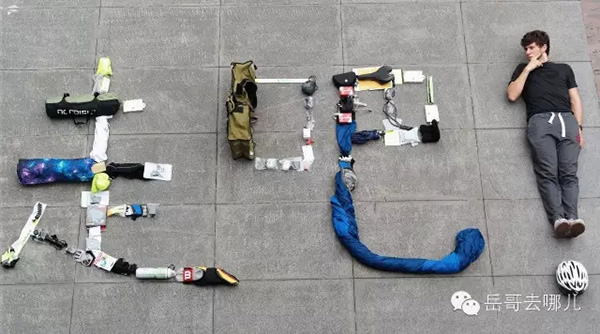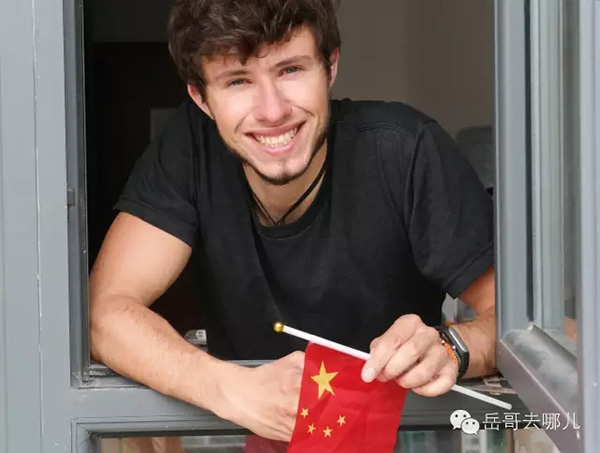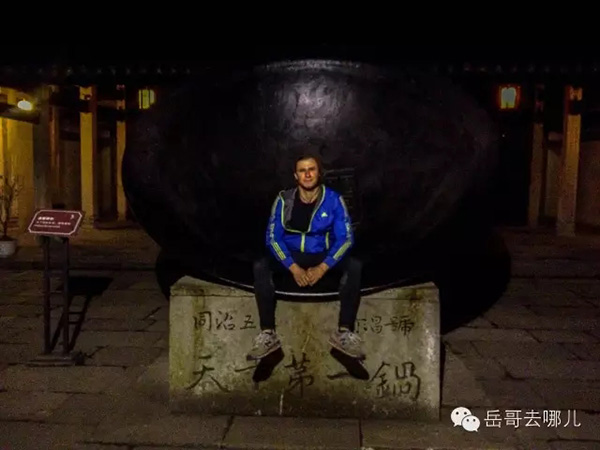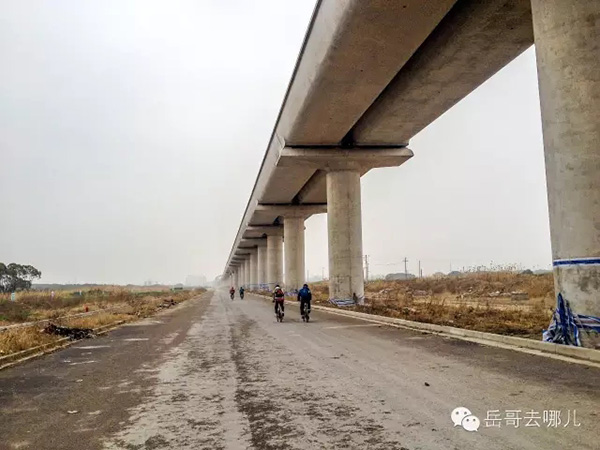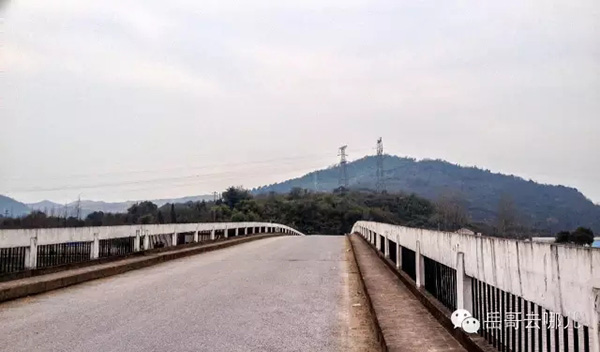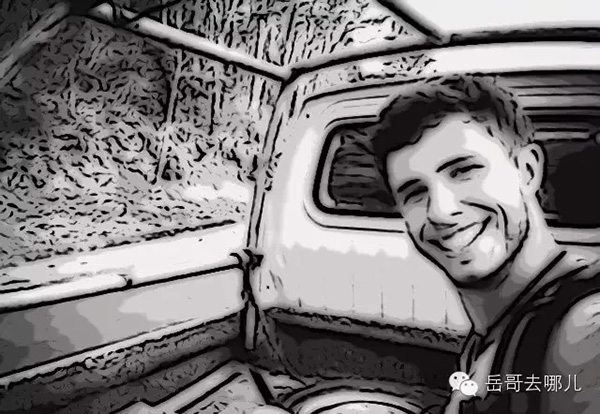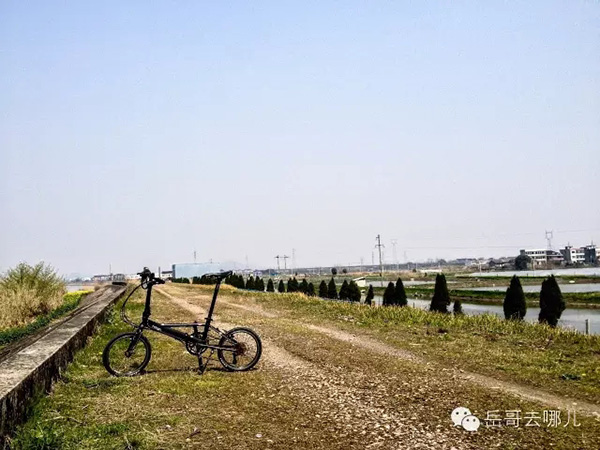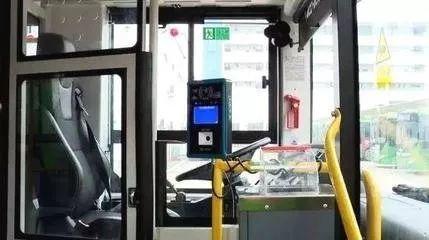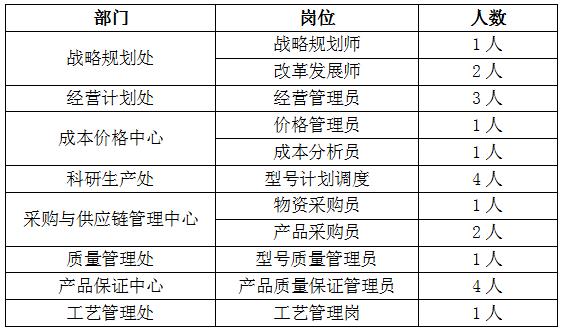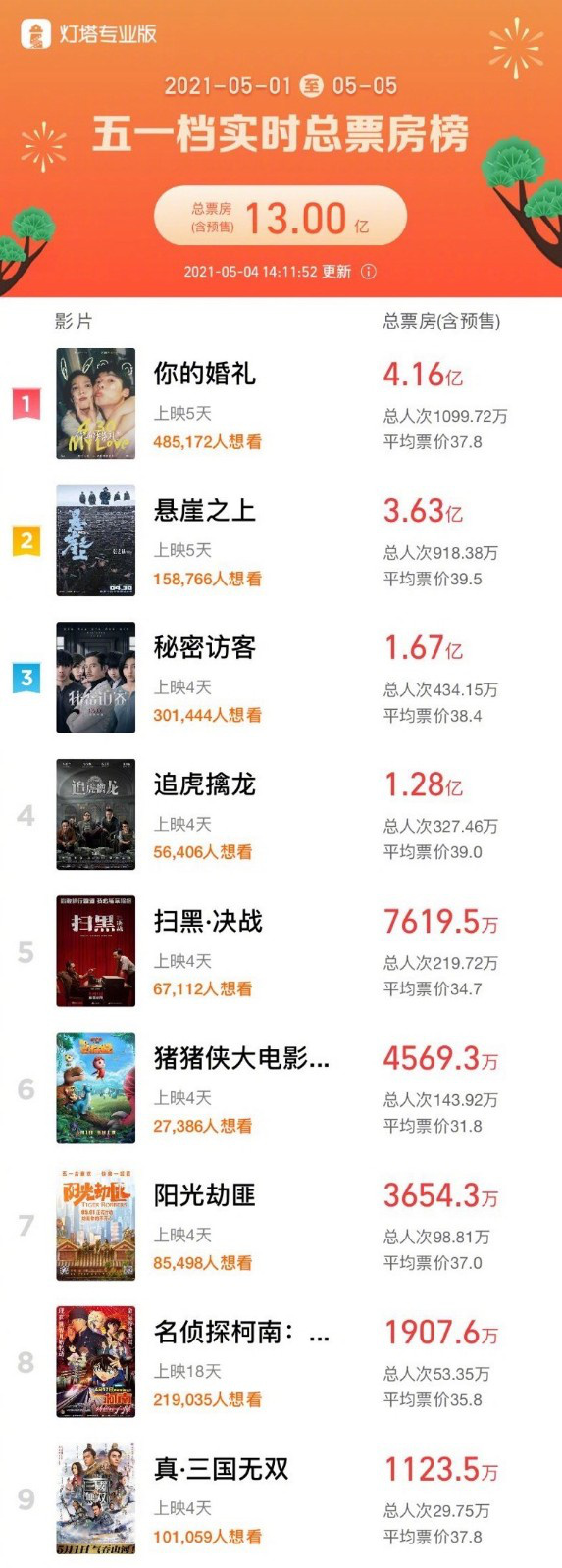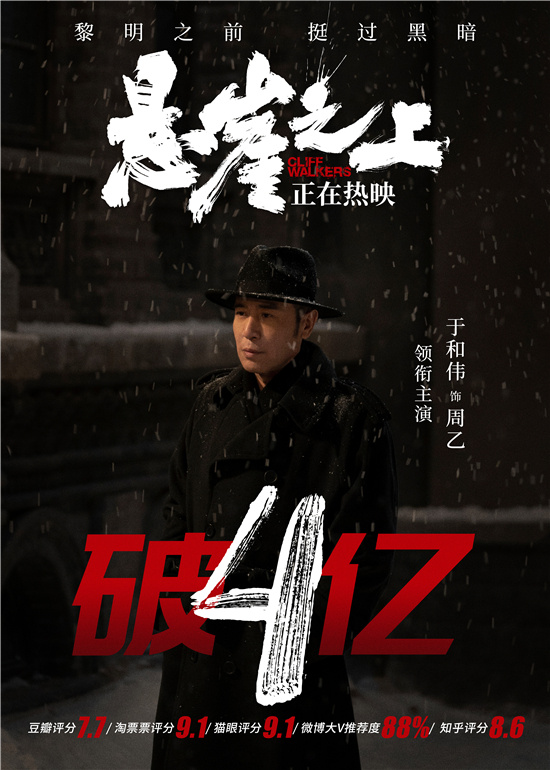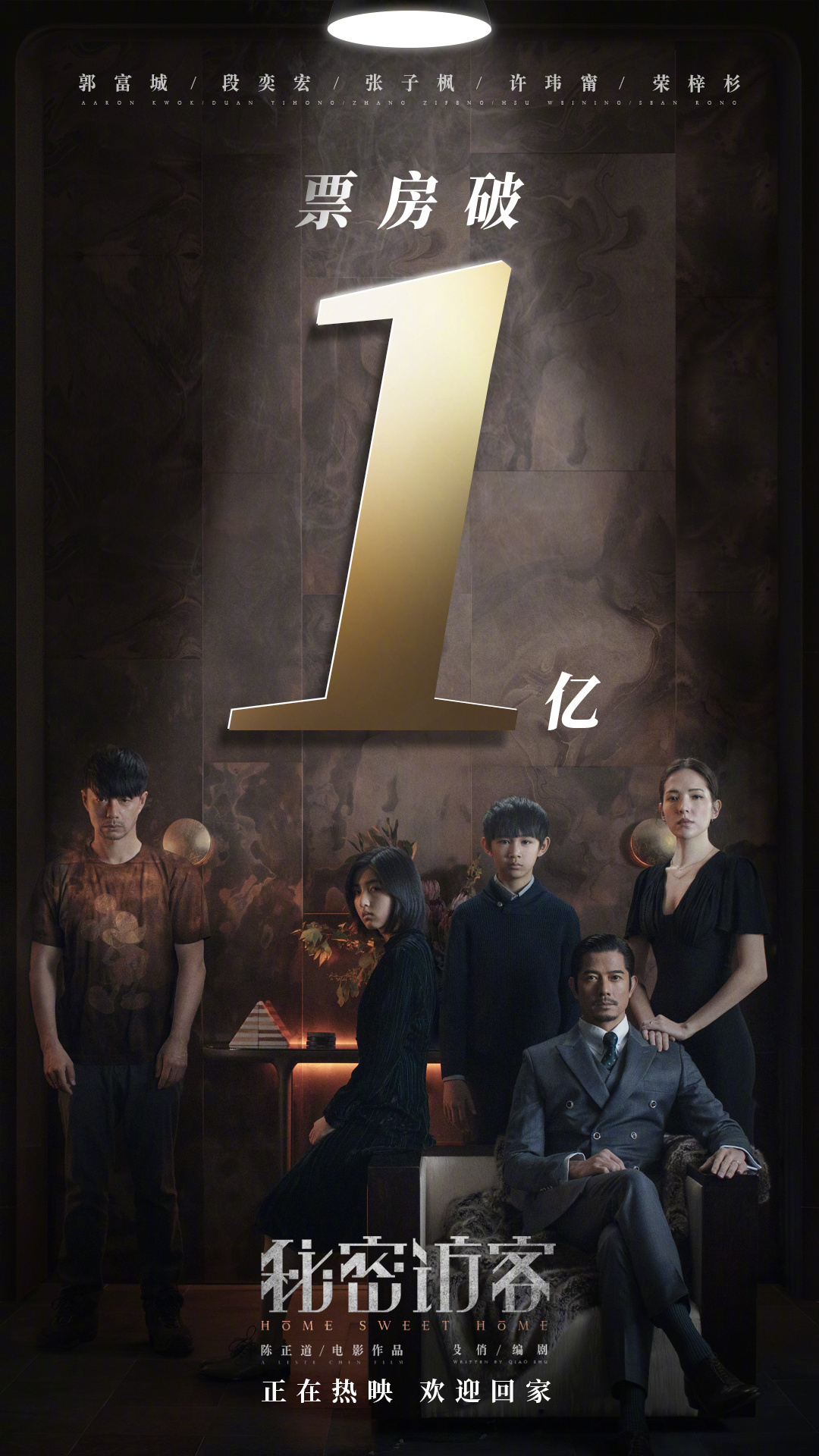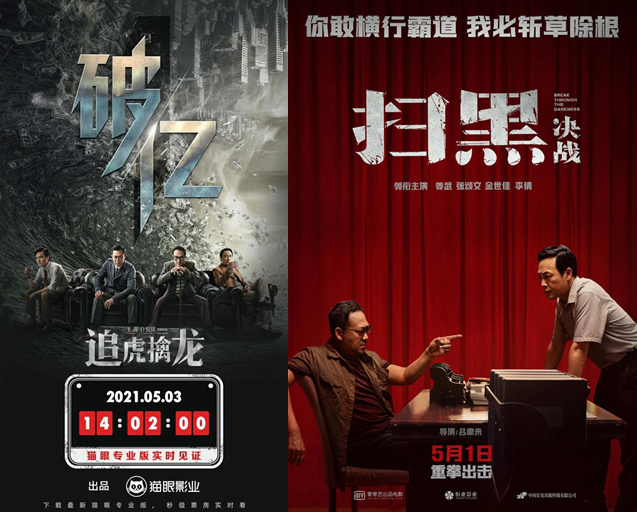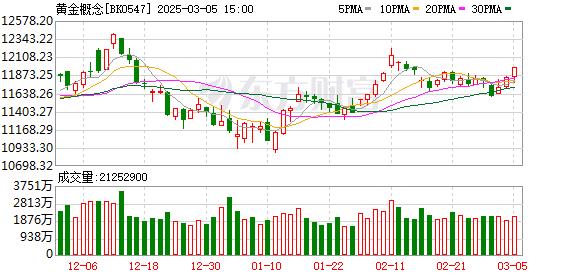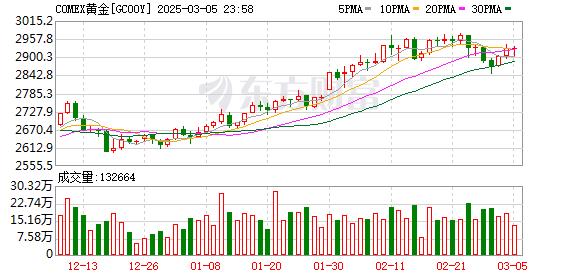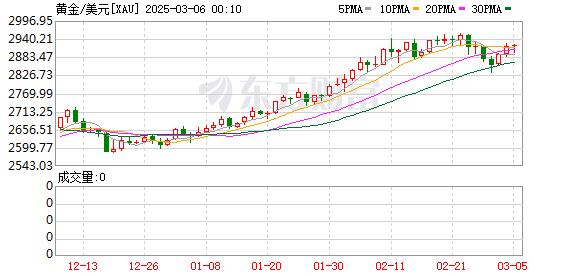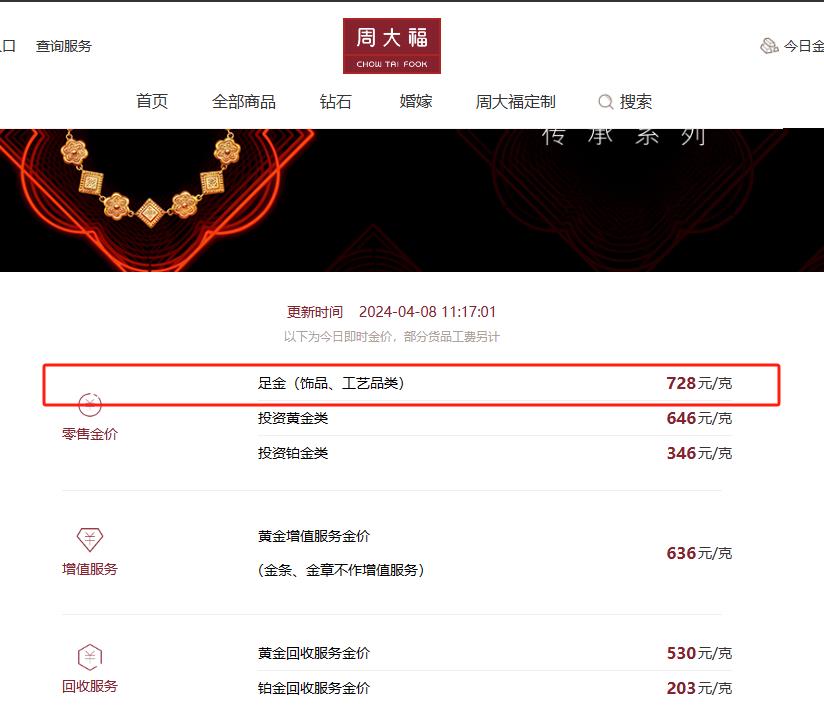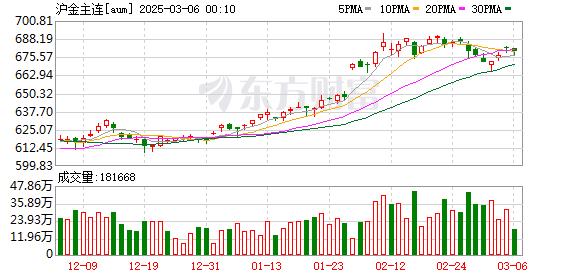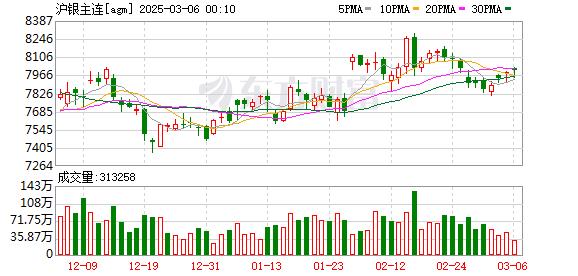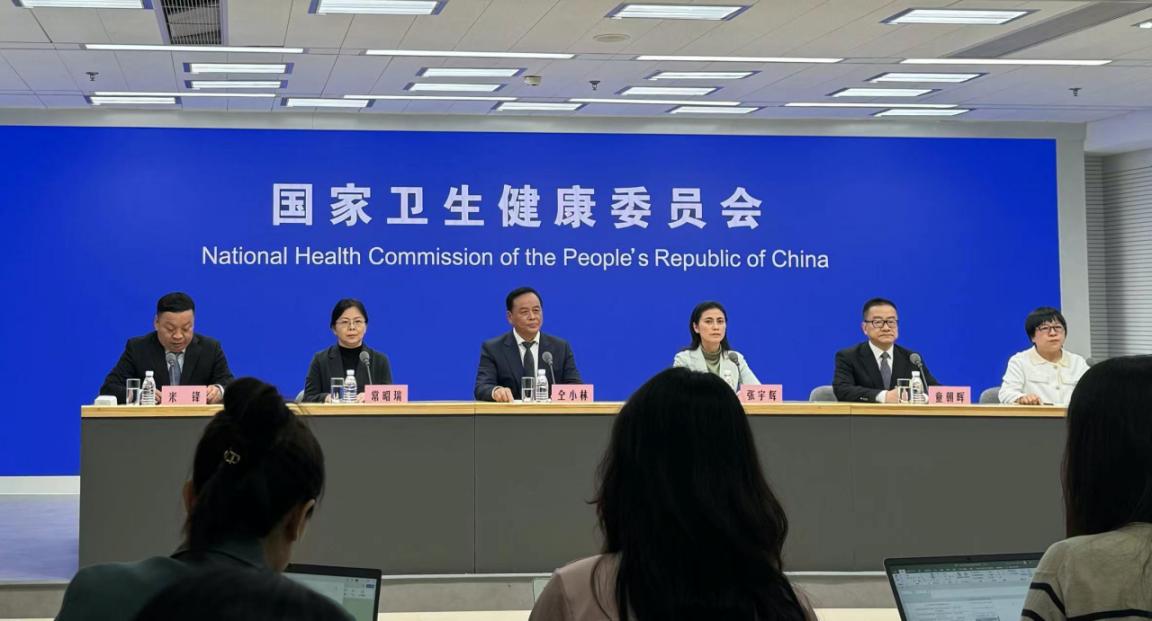Sichuan cuisine will not only not decline, but also develop strongly, and it has nothing to do with hot pot.
Not long ago, I was invited to a dinner party. There were many respected predecessors in the field of Sichuan cuisine. One old Li impressed me. As a chef of Sichuan cuisine, he went to Europe to participate in an international cooking competition and won the highest prize.
At the dinner table, when the younger generation asked about the inheritance of Sichuan cuisine culture, although Li Lao was over 70 years old, his thinking was particularly "advanced". He said:
Suitable for the present, it is good!
Today, in this article, I will talk about my understanding of hot pot culture and Sichuan cuisine culture.
What exactly is "hot pot culture"?
First, from the perspective of consumers.
The origin of hot pot is that dock workers collect animal offal that was once off the table when they were short of clothes and food, and cook it with a pot of spicy taste to get rid of the odor, which is convenient for eating and solve the most basic problem of food and clothing.
From this origin, we can see that the "primitive culture" of hot pot is actually a cooking method of ingredients used by low-income workers to solve the problem of food and clothing. In short, hot pot was born to satisfy the appetite. If there are other cultures, they are all derived cultures.
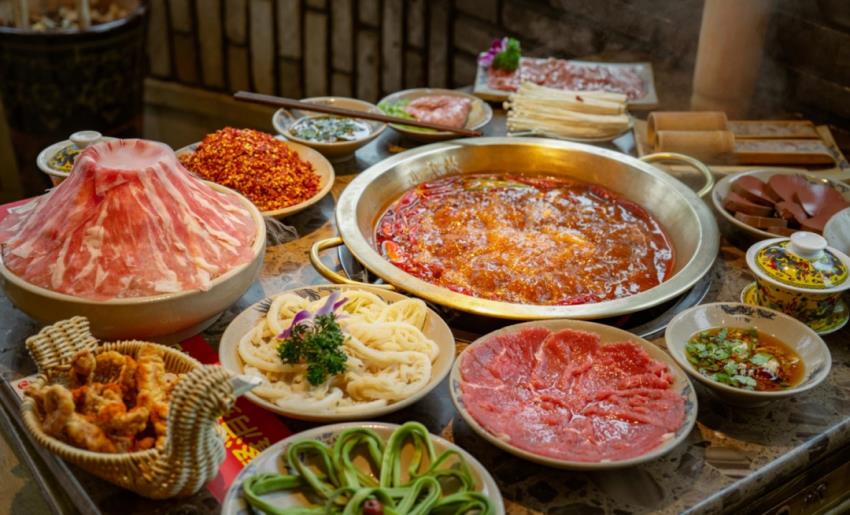
Even now, society is no longer short of food and clothing, and people are no longer eating hot pot to solve the basic demand of food and clothing, but it still has not got rid of the primitive culture of "appetite":
The vast majority of people eat hot pot, eating all kinds of ingredients that are scalded and scalded into their mouths, as well as the spicy taste that strongly stimulates the taste buds.
Based on this primitive culture, the ranking of hot pot quality is derived, first of all, the taste is good, and then the ingredients are good. Whether the ingredients are good or not has two meanings: the first is the freshness of the ingredients themselves, and the second is the presentation of the ingredients to the taste. For mass consumers, what most people care about is actually the second meaning.
Many ordinary consumers who like hot pot judge the ingredients of hot pot by who can fully reflect the taste of that pot: the ingredients that can fully display the taste of the bottom of the pot are good ingredients; On the contrary, no matter how high-grade or fresh it is, it is useless.
In recent years, many hot pot restaurants in Sichuan and Chongqing have used top-grade beef, foie gras, three-headed abalone and wild turtle to blanch, but these high-grade ingredients can’t replace the status of hairy belly, duck intestines and yellow throat, and they are only limited to some niche hot pot restaurants.
To sum up, from the consumer’s point of view, the hot pot they accept and agree with is that the bottom of the pot dominates the world: the bottom of the pot is the protagonist forever, and all other ingredients are supporting roles.
In view of this, from the perspective of ordinary consumers, talking about hot pot culture should not just talk about "all ingredients have one taste".
Second, from the perspective of hot pot operators.
For almost all hot pot operators, there is only one criterion for judging the hot pot culture they care about, and that is whether the restaurant can make a profit.
From Chongqing Wharf to the streets of China, hot pot has undergone earth-shaking changes in terms of brand, ingredients, space and service, and new changes will occur every once in a while. However, the bottom of Sichuan-Chongqing hot pot has hardly changed, even if there is a slight change, it is based on fine-tuning of butter, bean paste, Zanthoxylum bungeanum (such as adding spices).
If someone insists that the bottom of the pot has changed, then the biggest change should be due to food safety considerations, and the hot pot has changed from a recyclable bottom (old oil) to a disposable bottom. However, this change not only did not affect the development of hot pot, but also made it become the first category in the national market from the regional category of Sichuan and Chongqing markets, and made many brands as well as many hot pot operators.
Therefore, from the perspective of change and invariability, the core that supports and achieves generations of hot pot operators is the "invariable pot bottom". Other factors, represented by ingredients, are only constantly iterating and changing according to market needs in different periods.
After understanding the difference between the two, we can easily draw the following conclusions:
For hot pot operators, the bottom of the pot is the core element to support their long-term profit, while ingredients, space and services are the synergistic elements that play different roles at different stages. In view of this, the hot pot culture they care about is the same as consumers, and it is "a bite of the bottom of the pot to conquer the world". Therefore, from the operator’s point of view, there is no need to say that the bottom of the pot tastes single.
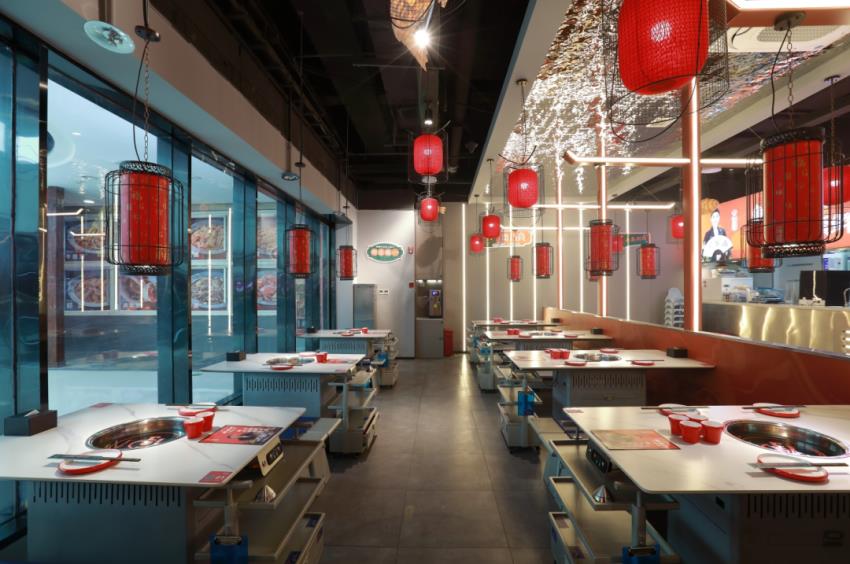
Before talking about "hot pot culture", we must first divide people and determine their identities. Different people and identities will produce different cultural definitions and value recognition. If anyone says that hot pot culture should be based on their own standards, everything else is wrong, then this person is mostly a liar.
So much for hot pot culture today.
Some professionals say that hot pot is "killing" Sichuan cuisine. Originally, this is the focus of today’s article. Why should we spend so much space to introduce the hot pot culture? Because I don’t agree with this view, we should make the "premise" clear before refuting it, and "hot pot culture" is this premise.
Sichuan cuisine, will it die from hot pot?
In September, someone wrote an article entitled "Sichuan cuisine, died of hot pot", arguing that with the prosperity of hot pot in the whole country, Sichuan cuisine gradually weakened in consumers’ cognition.
In fact, since last year, some catering forums have also been discussing this topic. I don’t agree that "the decline and malaise of Sichuan cuisine" is forcibly tied to the prosperity of hot pot.
In my opinion, Sichuan cuisine will not only not decline, but also develop strongly, and it has nothing to do with hot pot. Next, I support my argument from three aspects.
First, the ingredients of Sichuan cuisine.
Experts from all walks of life like to start with the ingredients, and let’s look at the problems of Sichuan cuisine from the ingredients first.
The article "Sichuan Cuisine Died in Hot Pot" said that the great richness of domestic ingredients began 20 years ago, and suddenly there were so many ingredients, the cooking of Sichuan cuisine became a big problem, and a conclusion was drawn-"For more than 20 years, the food culture of Sichuan cuisine has almost been exported."
First of all, I don’t see the causal relationship between the rich ingredients and the cooking problems of Sichuan cuisine; Secondly, even if there is a relationship, it is not a positive correlation as the article said, that is to say, even if Sichuan cuisine is declining, it is not because of the richer ingredients. If Sichuan cuisine is rich in ingredients, there is a lack of innovation for emerging ingredients as a whole, and there is no progress in sticking to the rules, there may be some truth.
I don’t want to talk about the ingredients of Sichuan cuisine, because the reason has been mentioned in the first part. Many people criticize Sichuan cuisine as much as they criticize hot pot. In particular, some people who like Cantonese cuisine are full of contempt for Sichuan cuisine.

Whenever someone complains about Sichuan food, saying that it is only spicy and the ingredients are terrible, a large number of Sichuan food lovers will get angry and rush to theory, but I am the opposite, not angry at all.
Why? As mentioned earlier, everyone’s judgment standards are different. Whether experts refute that Sichuan cuisine culture is declining or consumers complain that Sichuan cuisine is only spicy, it has not stopped the popularity of Sichuan cuisine in the national market. There are people who spit, but more people like it.
Second, the seasoning of Sichuan cuisine.
Sichuan cuisine and Hunan cuisine are expanding wildly all over the country. Why? It is largely due to the irreversible spicy taste.
The beauty of Sichuan cuisine lies in its taste.
Seeing this, some people may say that the current Sichuan cuisine has no other flavor, only spicy. Let me assume that this statement holds, assuming that Sichuan cuisine is only spicy now, which is also great. Why?
There are various subdivisions in the pursuit of spicy taste, which reflect the differences between spicy, spicy, sour and spicy, dry and spicy, dry and spicy, bad and spicy, and burnt spicy; In the extraction of spicy taste, in addition to dozens of fresh peppers, there are also pickled peppers of various years; In the division of spicy degree, there are not spicy, slightly spicy, medium spicy, extra spicy, abnormal spicy and other subdivisions; In the shape of pepper, there are differences such as whole use, strip, filiform, segmented, granular and velvet.
Many people have a shallow understanding of spicy. When it comes to spicy, they only know Chili, ignoring that garlic is spicy, ginger is spicy and onion is spicy. And this is the seasoning skill of Sichuan cuisine master in compound flavor.
Sichuan cuisine is diversified and diversified in its spicy presentation, and not a single word "spicy" can be simply summarized. What’s more, Sichuan food is not only spicy, it has 24 flavors, more than half of which have nothing to do with spicy.
There are so many flavors of Sichuan food, if consumers only remember spicy food, I think it is also a great good thing. The reason is like opening a restaurant. I have 24 dishes that I think are very classic, but consumers love only one of them, so I have opened restaurants all over the country. Is there anything more gratifying than this?
Third, the chef of Sichuan cuisine.
In fact, the reason why I hold the view and belief that Sichuan cuisine will not decline and will not be killed by hot pot is because of Sichuan cuisine.
Whether it is the application of ingredients or the seasoning of various flavors, it is inseparable from the group of chefs. Although there are many problems in this group at present, their existence and continuation are still the foundation of the development of Sichuan cuisine.
There are generally two obvious reasons for the decline of a cuisine. One is that the dishes are not accepted by the market, or they have been accepted but gradually abandoned by the market. From this point of view, Sichuan cuisine has no such possibility at all.
Secondly, the number of technicians who cook dishes has decreased, and the number of employees has dropped sharply, leading to the decline of cuisines. From this point of view, it seems that Sichuan cuisine has this risk, but is it really so? Not really.
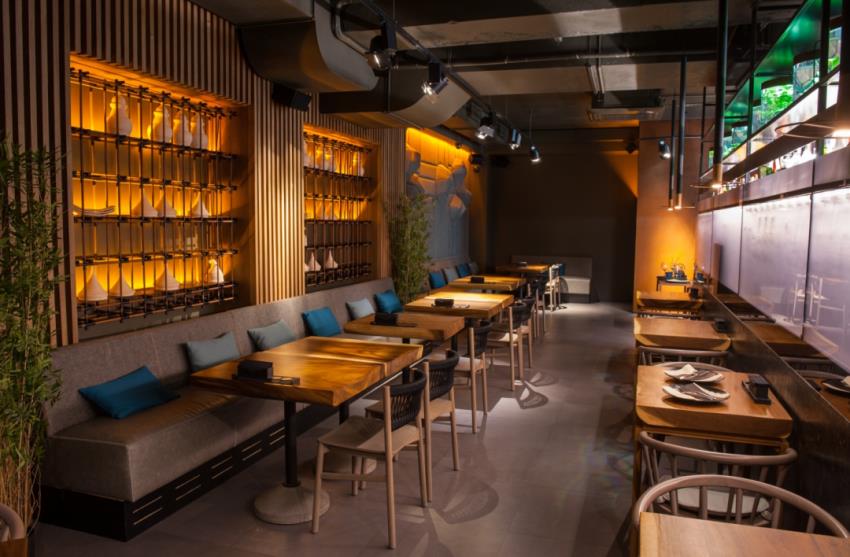
From the scale of employees alone, the team and number of chefs in Sichuan cuisine still stand out from other cuisines. With their existence as back-end technology and the acceptance of Sichuan cuisine in the front-end consumer market, Sichuan cuisine can’t decline, let alone be killed by hot pot.
So, why do so many people say that Sichuan cuisine is in decline? Or, why don’t some Sichuan chefs cook Sichuan food well and go to other restaurants to work? This involves the third question today: the current dilemma of Sichuan cuisine.
The current dilemma of Sichuan cuisine: the brand is seriously lagging behind.
I once expressed my opinion by short video: at present, the number of stores in Sichuan cuisine must far exceed the number of stores in Hunan cuisine.
Many Sichuan restaurants are scattered couples’ shops, which are neither in the industrial and commercial registration system nor on the Internet platform. They are in a statistical blind area and are easily overlooked. Previously, the data circulating on the Internet that "Hunan cuisine stores exceed Sichuan cuisine" should be "the number of brand stores that can be counted". From this perspective, Hunan cuisine stores may indeed have surpassed the number of Sichuan cuisine stores, which leads to our third problem today, that is, the current development dilemma of Sichuan cuisine:
In the development of branding, Sichuan cuisine is seriously lagging behind, and Hunan cuisine is far behind.
Nationally, the famous Hunan cuisine brands include Chef Fei, Farming Record, Cooking Smoke, Wangxiangyuan, Pengchu, Lanxiangzi, Xiangchilli and so on, all of which are representative brands that have risen in the last 12 years, and most of them have established market barriers and continue to expand strongly.
Looking back at Sichuan cuisine, in the 12 years since the outbreak of the mobile Internet, has there been a national brand that has done very well? Chengdu’s Todd casserole is very good, and it is also a representative of Sichuan cuisine, but its stores are only in Sichuan at present, which is only a regional brand, not a national brand. What else? I don’t think so!
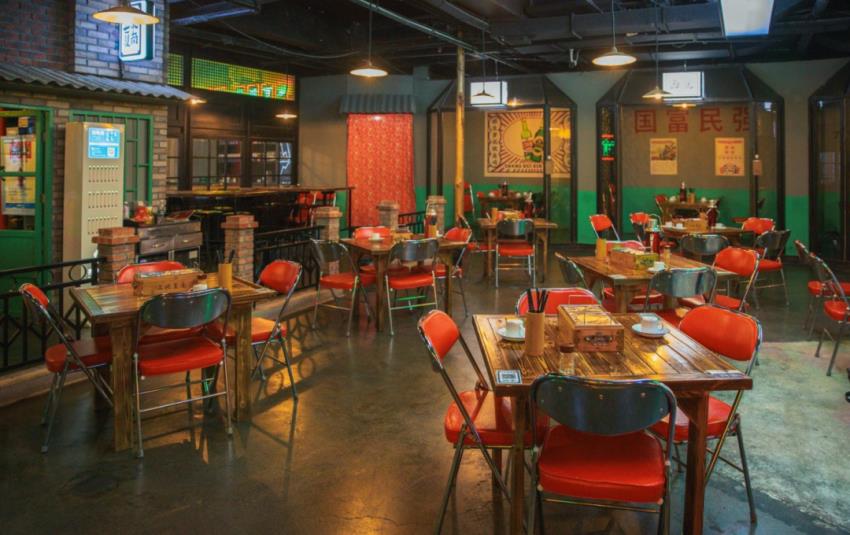
Although Sichuan cuisine does have well-known representative brands in high-end brands, and the number of stores in low-end markets also crushes other cuisines, as far as the national catering brands in the middle layer are concerned, there are almost no representatives who can get it. It is no wonder that so many people derogate from Sichuan cuisine.
It has a spicy and aggressive taste that is popular in the market, and it also has a large number of technical practitioners. Why haven’t there been several well-known national chain brands of Sichuan cuisine? This has become a problem that puzzles many business experts and investors, and it has also become a problem that many Sichuan catering people are not convinced but dare not say.
In fact, to understand this problem, we must put aside the consumer’s perspective, put aside the expert’s perspective and simply return to the operator’s perspective. Although it may not be completely right, it can explain many phenomena clearly.
For catering operators, profit is the core pursuit. Whether it is short-term or long-term, once there is a better and faster way to make profits, brand creation will inevitably rank lower.
In short, let’s look at "seven who want to".
First, when you can make money just by taste, who wants to really care about the quality of ingredients?
Those pure take-out shops that operate Sichuan style, even if they sell all junk ingredients and even all cooking bags, still make thousands of orders every month, and even open dozens or hundreds of branches. For them, there is no shortage of orders only by taste, and ingredients of course become a secondary choice.
Second, when young consumers all over the country can be conquered only by spicy flavor, who wants to study other flavors with heart?
A spicy grilled fish can sell hundreds of millions of turnover; A spicy maocai’s technical teaching can easily earn tens of millions. When a single taste can kill the market, the richness of taste becomes a secondary choice.
Third, when you can earn the franchise fee quickly, who wants to earn only the hard money of selling vegetables?
Chengdu East Street Gourmet Street is jokingly called "Merchants Join a Street" by many catering people. Many practitioners who want to make quick money want to open a shop here. It is not important whether a single store can make money or not. What is important is that the store must be popular and queued in order to join the company. When it is better to make money by joining, selling vegetables to make money has become a secondary choice.
Fourth, who wants to be a long-term brand when you can get enough opportunities by relying on short-term brands?
To open a restaurant, the traditional management idea is to do long-term business, but the market changes too fast, consumers like the new and hate the old, and the decline of many old shops also gives the market the illusion that brands cannot make long-term profits. Therefore, when short-term brands can also make profits, long-term brands become secondary choices.

Fifth, who wants to run only one brand when they can keep making money from brand joining?
Chengdu is a fertile ground for catering, with more than 3 million people visiting Chengdu every year. As long as the store business is booming, there will never be a shortage of intentional franchisees who take the initiative to find the door. Leeks are like grass and never fail! When you can make money by multi-brand attack, a single brand becomes a secondary choice.
Sixth, when you can open hundreds of stores without a mature management team, who wants to do the coolie work of forming a team?
In order to run a brand well for a long time, a professional team is standard, and forming a team is an extremely hard and troublesome thing, and there is also the risk of brain drain. Therefore, when you can open hundreds of stores without a team, it is a secondary choice to form a team to become bigger and stronger.
Seventh, if it is easier to make money by making a category that does not depend on chefs, who wants to rely heavily on chefs’ Chinese food?
Hot pot, skewers, barbecues, grilled fish and other categories with single items are king, and there is no shortage of latecomers every year, just because they are highly standardized, and it is easier to do more stores in a short period of time.
Therefore, when the market can still rely on highly standardized categories to make money, Sichuan cuisine that relies heavily on the kitchen team becomes a secondary choice.
Knot
The current Sichuan cuisine, to make an inappropriate metaphor, is like a rich second generation who doesn’t worry about eating and drinking. Chengdu, the "Laozi", has fertile land and fruit trees everywhere. If you are hungry, you can stand up directly and eat a lot of fruit with your mouth. Of course, you don’t want to tinker around to find food. When will it change?
There are two situations that may bring about changes. One is passive change, that is, Chengdu’s catering market has undergone major changes, and it will no longer be the "Jerusalem" of the catering industry, and it will no longer become a "pilgrimage place" for national catering people, completely losing the opportunity to easily earn franchise fees. However, this situation should not be seen in the short term. As far as catering is concerned, Chengdu’s status as a gourmet capital cannot be shaken by other cities in China.
The second is to take the initiative to change. For example, there are more excellent catering people in Sichuan. They are both dreamers and careerists. They don’t want to be the "rich second generation" in Chengdu market. They want to do something different from others and get different achievements from others.
No matter whether or not these changes appear, or when they appear, Sichuan cuisine will not decline and will not be killed by hot pot.
Even if Sichuan people don’t work hard, Sichuan cuisine will still be popular in the market in the foreseeable future, and it will still be the cuisine with the most technical employees.
Of course, Sichuan cuisine may indeed stop because of complacency and "superior family", which has happened now and will continue to exist in the short term. From this perspective, it is also a regret, and it is a regret that belongs exclusively to Sichuan catering people.
Author: Red Meal Network columnist Jiang Yi
Note: This article belongs to the catering industry information published by Yangguang. com. The content of this article does not represent the views of this website, and is for reference only.
